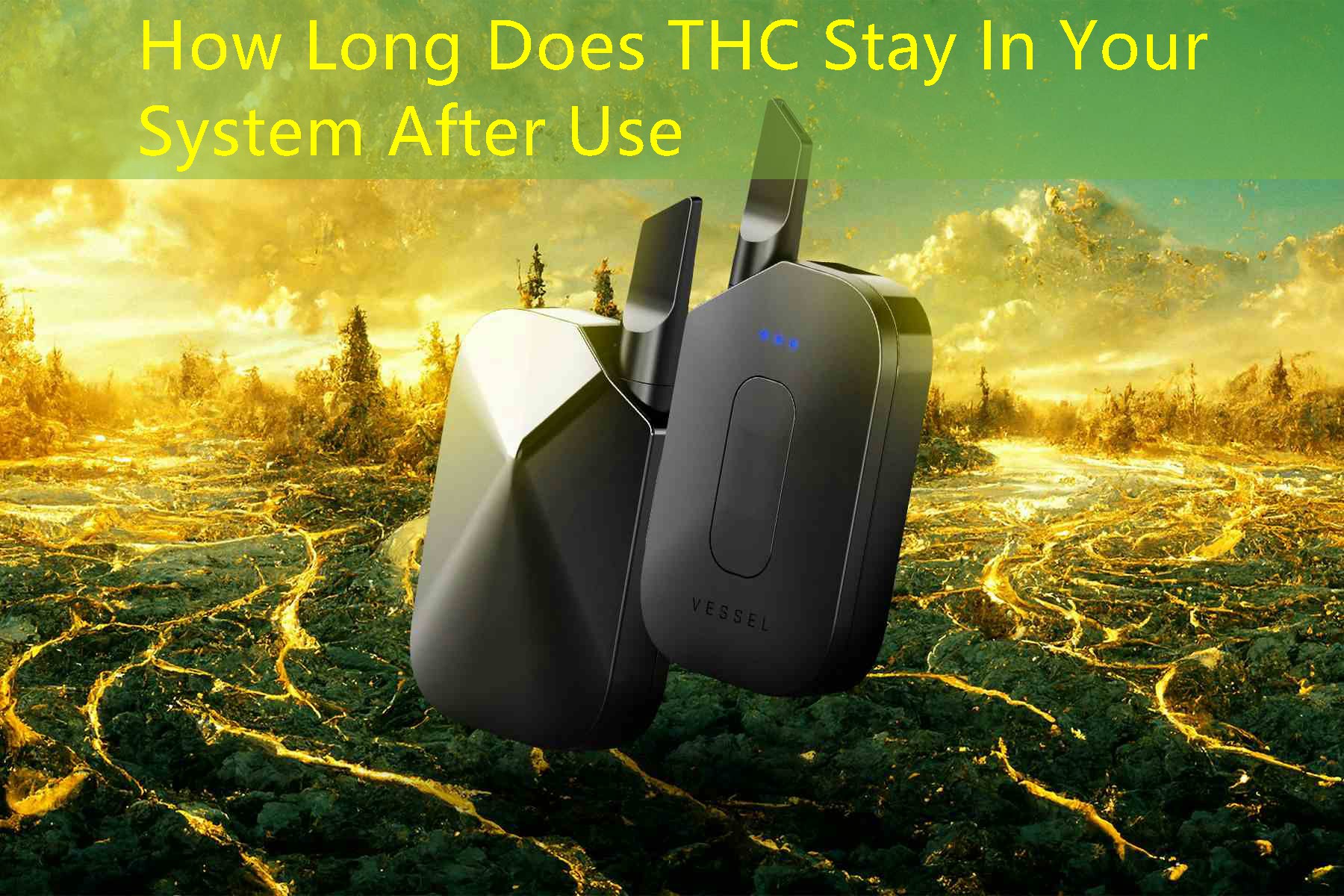How Long Does THC Stay In Your System After Use
Overview of THC Detection in the Body
The presence of tetrahydrocannabinol (THC) in the human body after consumption is a pivotal point of discussion for both recreational users and medical patients. THC, the primary psychoactive component in cannabis, can linger in the body for varying durations depending on several factors, including the method of consumption, individual metabolism, frequency of use, and the sensitivity of the testing method employed.
Factors Influencing THC Retention
The length of time THC remains detectable in the system is influenced by multiple factors. Firstly, the method of consumption plays a crucial role. Smoking or vaping cannabis generally leads to a quicker onset and a shorter duration of effects compared to edibles. While smoking might keep THC detectable for up to 3 days in occasional users, those who consume edibles may find THC detectable for up to 7 days or more.
Metabolism is another significant factor. Individuals with a faster metabolic rate tend to eliminate THC from their bodies more rapidly than those with slower metabolisms. For habitual users, THC can remain for weeks—even up to 30 days—after cessation of usage due to fat storage.
Testing Methods and Their Implications

There are various testing methods available, including urine tests, blood tests, and hair follicle tests. Urine tests are the most commonly used and can detect THC for varying durations based on the frequency of use. Blood tests are more indicative of recent use, while hair follicle tests can show drug use over a more extended period, often up to 90 days.
Pros and Cons of THC Usage
Using THC comes with distinct advantages and disadvantages. On the positive side, many users report relief from chronic pain, anxiety, and other medical conditions. Furthermore, recreational users often cite enhanced mood and relaxation. However, the potential for impaired cognitive and motor functions is a recognized drawback, increasing the risk of accidents, particularly when driving.
On the other hand, the stigma surrounding THC and the risk of legal repercussions in non-legalized areas present concerns. Users may face difficulties in employment or legal situations due to the lingering presence of THC, making understanding its retention crucial.
Target Audience Analysis
The typical demographic for those interested in how long THC stays in their system largely includes adult recreational users and individuals utilizing cannabis for medicinal purposes. Healthcare professionals and employers conducting drug screenings also represent a significant audience, seeking knowledge on THC detection and its pharmacokinetics.
For those in recreational spheres, understanding THC’s duration is vital for responsible consumption, particularly in social settings or when operating vehicles. Medical users may benefit from this knowledge to manage their dosing and comply with legal restrictions effectively.
Ondorioz, a thorough understanding of how long THC stays in the body is essential for users across various sectors. By recognizing the factors that influence THC detection, individuals can make informed choices that balance the benefits and potential drawbacks of cannabis consumption.




